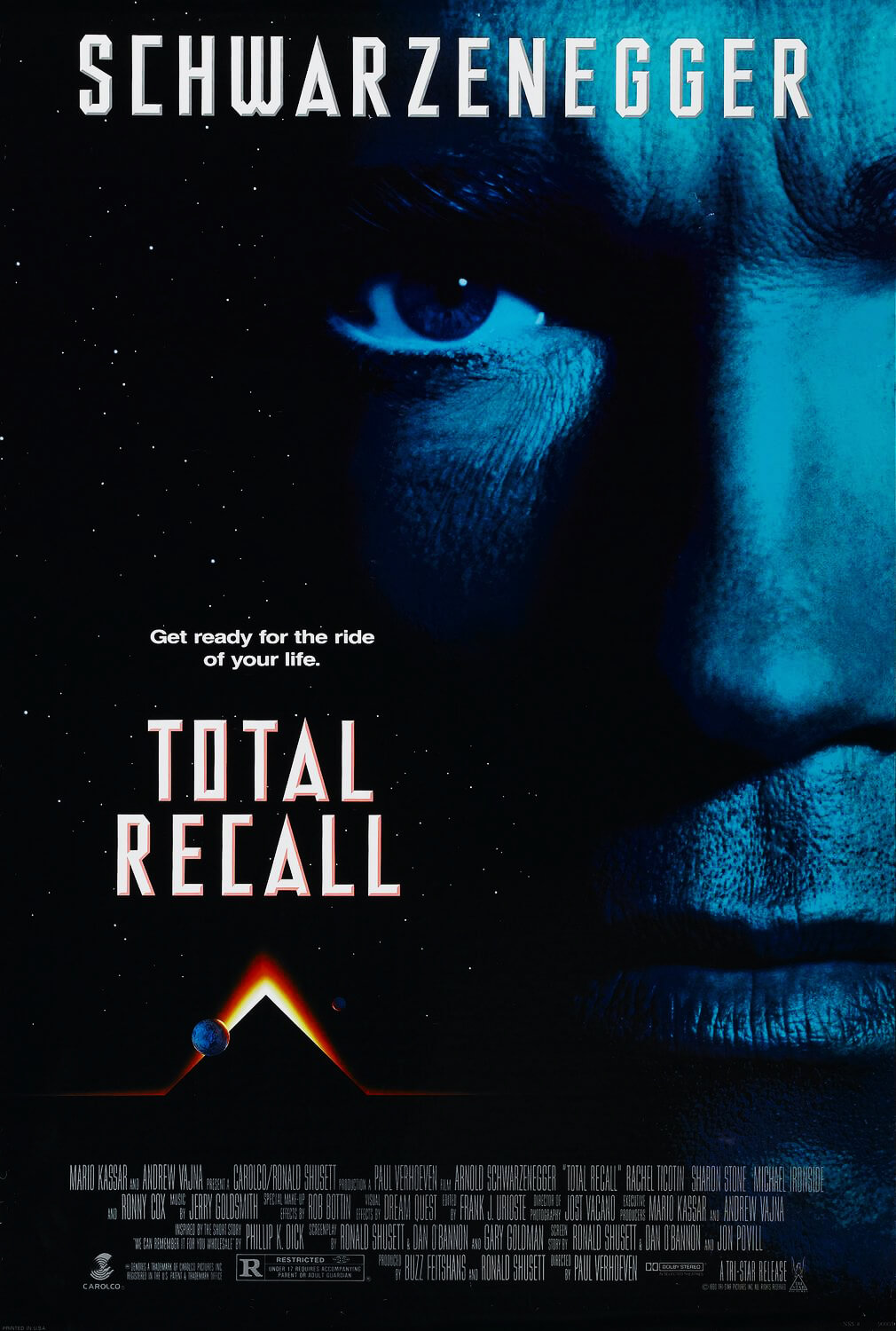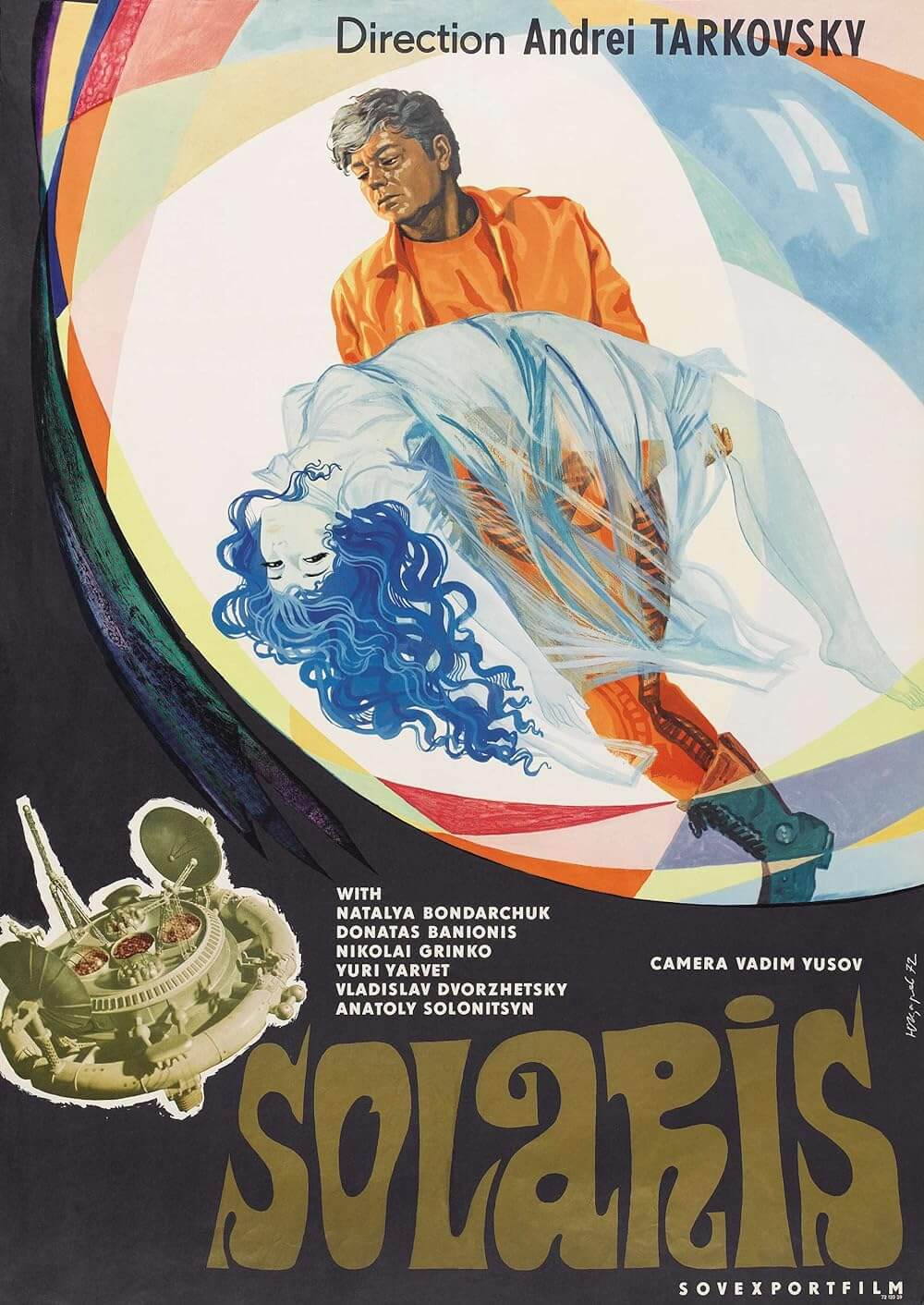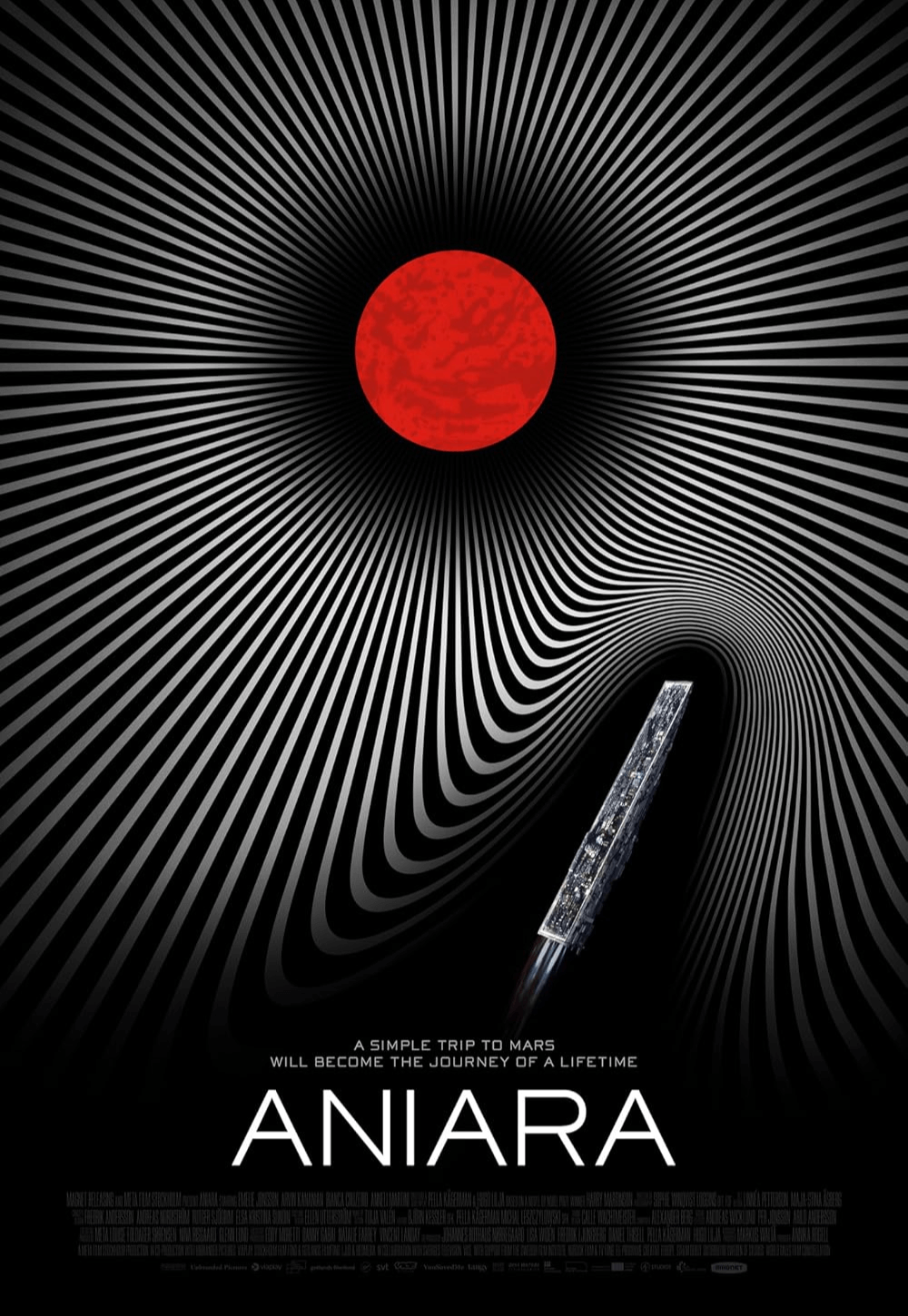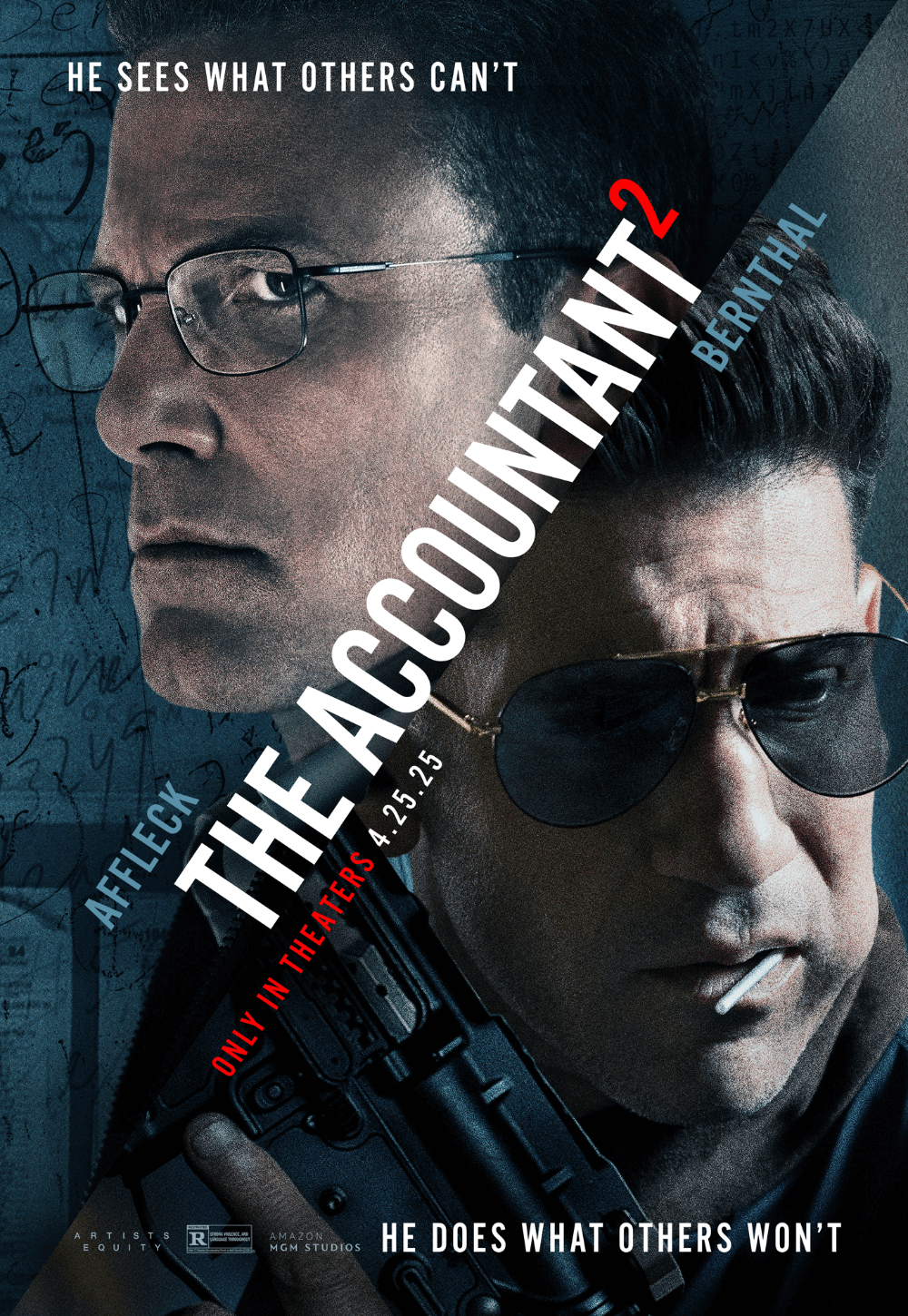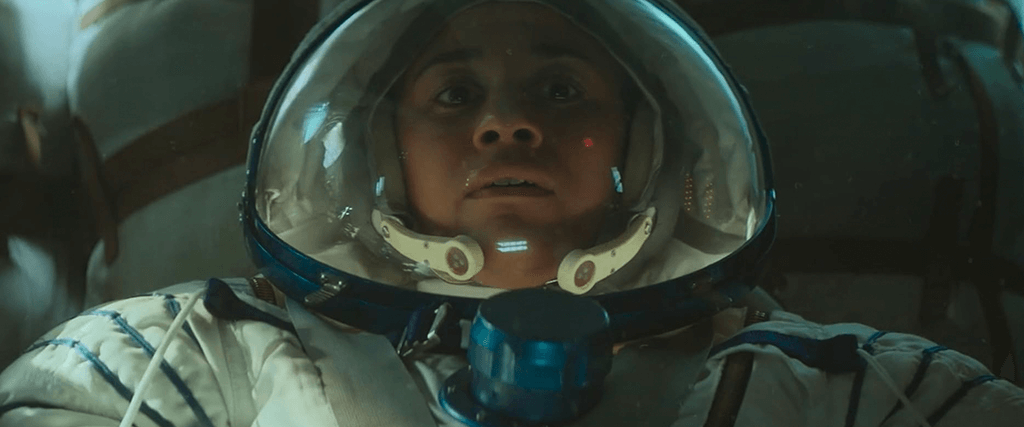
I.S.S.
By Brian Eggert |
Fewer than 600 people have traveled to space, and many of them have experienced the Overview Effect. They look down at Earth from a shuttle, station, or the lunar surface, and an overwhelming sense of humanity’s smallness strikes them. From space, they see no trace of borders or other signs of division that lead to strife among perceived groups of people. Taking in the grandeur of the planet, glowing blue in the black nothingness that surrounds it, they come away with a sense that humanity is in this together. The things that seemed so important—patriotism, economic status, religious convictions—become minuscule in the unfathomable size of the universe. One wonders how many of humanity’s problems would be solved if everyone on Earth could witness what astronauts have seen. Would they realize their politics are pointless, their disputes about resources and land are short-sighted, their wars are trivial, and their prejudices are petty? Or would they return to fighting over such nonsense because that’s all they know?
The Overview Effect factors into I.S.S., a modestly budgeted sci-fi yarn with a great hook. Six people aboard the International Space Station—three American astronauts and three Russian cosmonauts—work together in apolitical harmony until they see something horrifying unfold on the planet’s surface. Atomic bombs appear to detonate. One or two at first, but eventually, the scene resembles, well, scorched Earth. Before the station’s communications go out, the Americans receive word that a war between the two countries has broken out, along with last-minute orders: “Your new objective is to take control of the I.S.S. By any means necessary.” Should they assume the Russians have received similar orders? And should they even follow orders, considering the station is meant to be a beacon of scientific collaboration and not a miniature political arena?
Any pretense of neutrality quickly disappears once a high-ranking officer, Gordon (Chris Messina), suits up to repair a communications antenna, and bad things happen. The other Americans, Kira (Ariana DeBose) and Christian (John Gallagher Jr.), consider how to respond. Christian’s rhetoric becomes paranoid, rooted in concepts of “duty” and “patriotism,” along with accusations toward the Russians. Although Nicholai (Costa Ronin) looks shifty-eyed and suspicious, there’s no telling how Alexey (Pilou Asbæk) will respond. But Weronika (Masha Mashkova), who was carrying on a clandestine space romance with Gordon, can probably be trusted. Then again, it goes back to whether the Overview Effect works on everyone. It doesn’t seem to penetrate Christian’s Americanism, and he isn’t the sole exception.
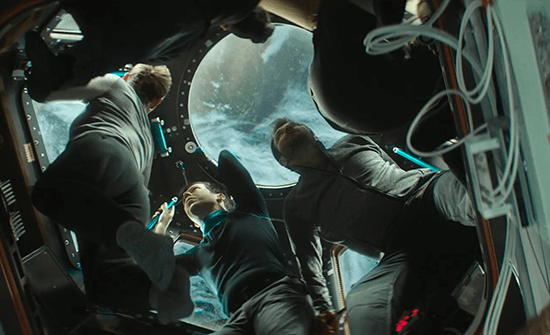 Still, there aren’t many surprises in Nick Shafir’s script, which earned a place on the 2020 Black List of the best not-yet-produced screenplays. Given its themes and efficient storytelling, it’s easy to see why. However, its writerly devices often prove obvious, and its symbolism can be heavy-handed. Early in the proceedings, Gordon notes the hum of the life-support systems, warning, “When you don’t hear that hum, that’s when you start to panic.” The viewer cannot help but anticipate the inevitable moment when the hum stops, and the script so obviously sets up this moment that the associated doom never registers. Besides Chekov’s hum, Shafir’s script returns to Kira’s experiment involving lab rats in a container. If the station is a synecdoche of humanity, the rats symbolize the station’s inhabitants when they attack each other for having nothing to hold on to.
Still, there aren’t many surprises in Nick Shafir’s script, which earned a place on the 2020 Black List of the best not-yet-produced screenplays. Given its themes and efficient storytelling, it’s easy to see why. However, its writerly devices often prove obvious, and its symbolism can be heavy-handed. Early in the proceedings, Gordon notes the hum of the life-support systems, warning, “When you don’t hear that hum, that’s when you start to panic.” The viewer cannot help but anticipate the inevitable moment when the hum stops, and the script so obviously sets up this moment that the associated doom never registers. Besides Chekov’s hum, Shafir’s script returns to Kira’s experiment involving lab rats in a container. If the station is a synecdoche of humanity, the rats symbolize the station’s inhabitants when they attack each other for having nothing to hold on to.
Gabriela Cowperthwaite directs, demonstrating that she’s adaptable to new genre territory. Her last movie was the tender cancer drama Our Friend (2019), and she’s done some exceptional work in documentaries (see 2013’s Blackfish). Here, working with a relatively small budget, Cowperthwaite makes excellent use of claustrophobic spaces and a nail-biting scenario, delivering a taut, 95-minute package. Some of the CGI looks a little cheap, which is less important than the movie’s knack for supplying thrills and the cast’s ability to sell them. Cinematographer Nick Remy Matthews uses a visual swaying effect that, accompanied by the actors’ pantomime of zero gravity and production designer Geoff Wallace’s believable space station environment, creates a disorienting but convincing portrait of life in a spacecraft. Editor Colin Patton regularly cuts away from the immediate action to the station’s black-and-white security footage, suggesting an objective observer of these increasingly personal and heightened situations.
Like the security footage, the audience watches the characters not as Americans or Russians but as human beings who should be working together, not at each other’s throats because someone below decided to push The Button. I.S.S. is further proof that there’s no topic a solid B-movie cannot address with pure entertainment value and still evoke some thought. It’s less flashy and expensive than similar material, such as Gravity (2013) or The Martian (2015), but it’s a tighter execution than Life (2017). With the modest production values and Shafir’s sometimes on-the-nose but no less effective script, the material thrives because of the ensemble. The Oscar-winning DeBose proves she has the chops for a lead role, while Asbæk, Gallagher, and Messina remain dependable character actors. After its debut on the festival circuit in 2023, the movie opens in theaters during the January doldrums, and it offers a worthwhile trip to the theater, particularly for a matinee or late-night showing.
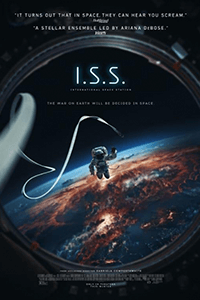
Consider Supporting Deep Focus Review
I hope you’re enjoying the independent film criticism on Deep Focus Review. Whether you’re a regular reader or just occasionally stop by, please consider supporting Deep Focus Review on Patreon or making a donation. Since 2007, my critical analysis and in-depth reviews have been free from outside influence. Becoming a Patron gives you access to exclusive reviews and essays before anyone else, and you’ll also be a member of a vibrant community of movie lovers. Plus, your contributions help me maintain the site, access research materials, and ensure Deep Focus Review keeps going strong.
If you enjoy my work, please consider joining me on Patreon or showing your support in other ways.
Thank you for your readership!
Brian Eggert | Critic, Founder
Deep Focus Review


